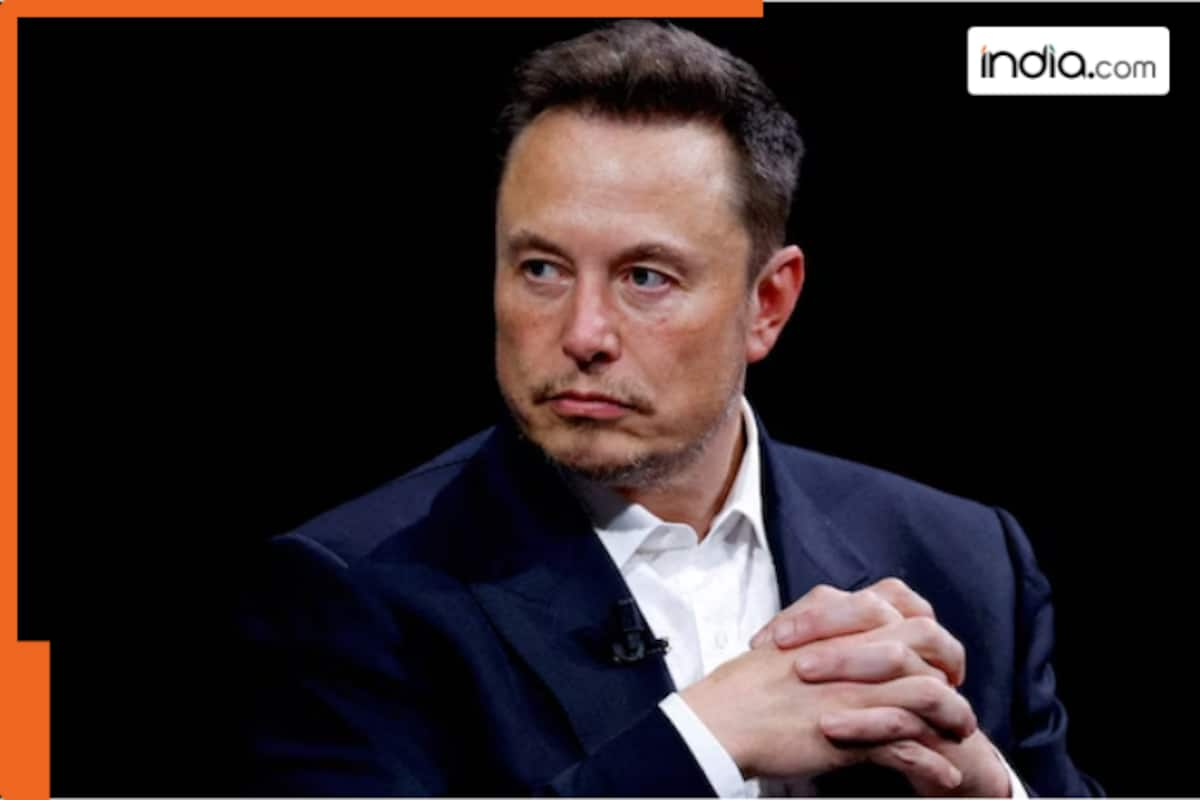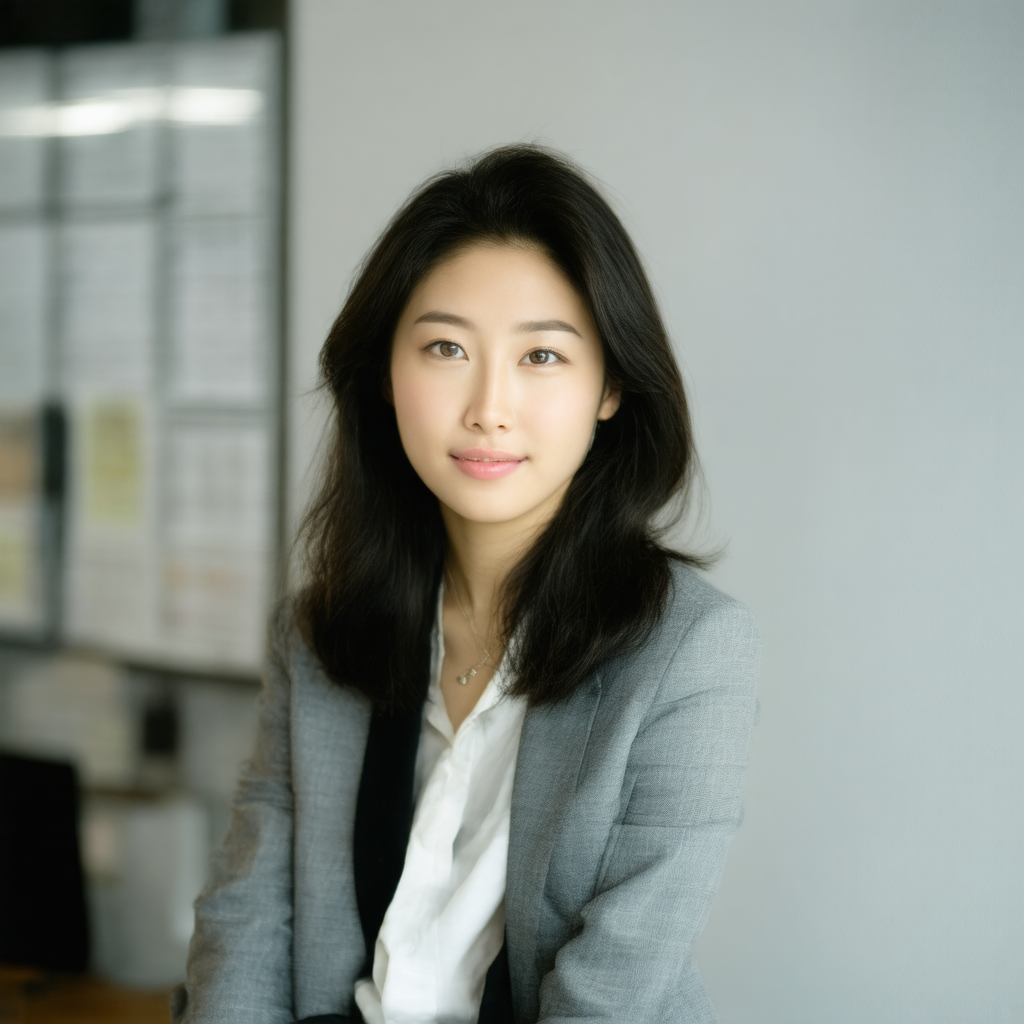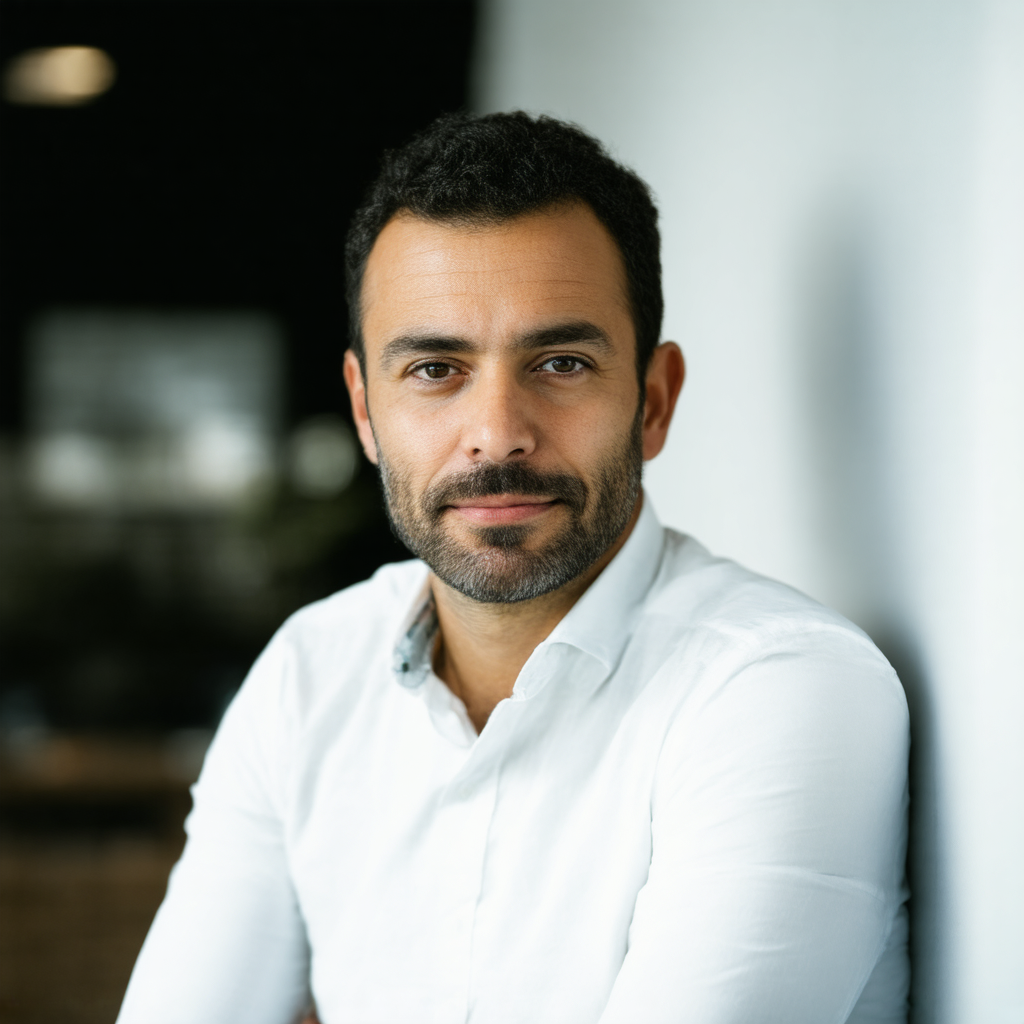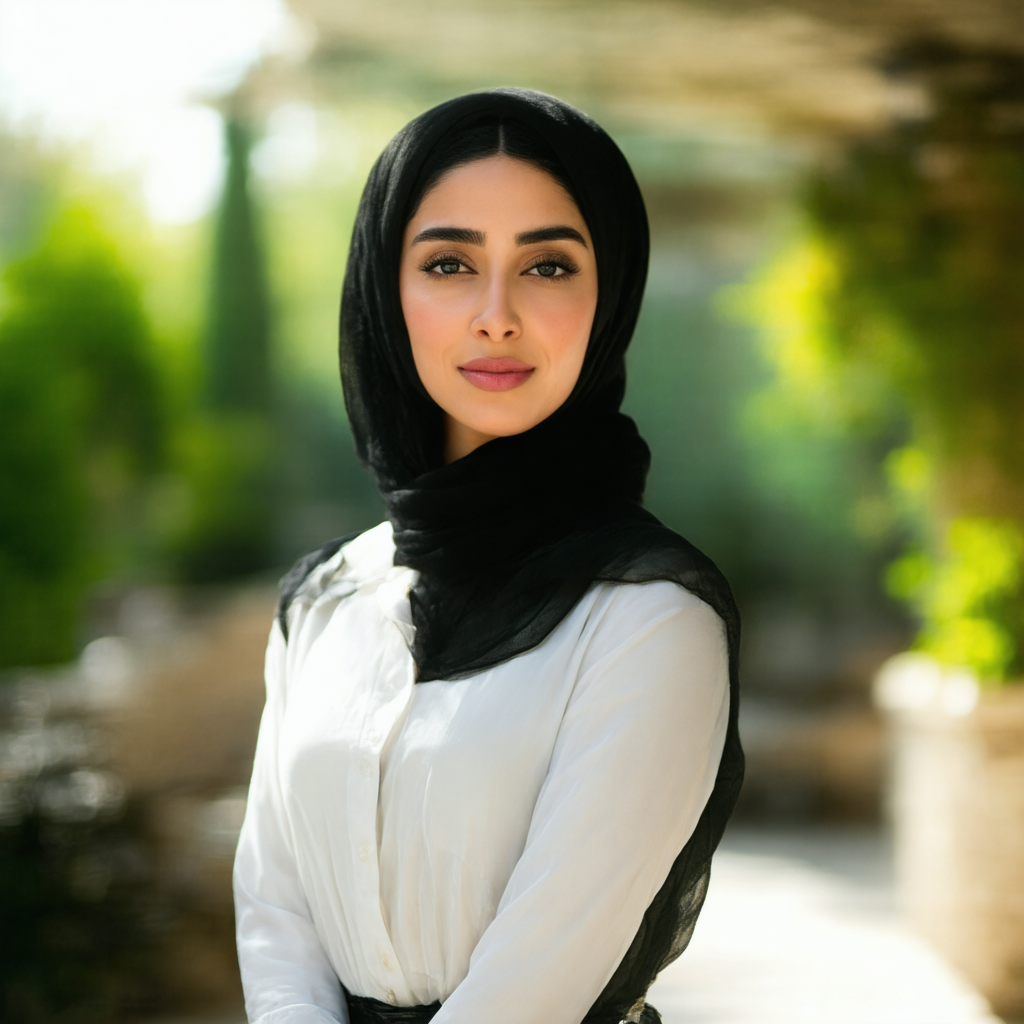
In a bustling African city where modernity clashes with tradition, the hum of innovation echoes through the streets. Here, in the heart of East Africa, young minds are shaping the future—not just with gadgets and apps but with ideas that challenge the status quo. The wealth divide is a chasm that stretches across the globe, yet it’s here, on this continent, that some are daring to bridge it with sustainable solutions.
Elon Musk, the tech tycoon whose net worth eclipses $185 billion, has become a polarizing figure in the world of innovation. His ventures into sustainable energy, space exploration, and AI have sparked debates about the role of wealth in driving progress. But what does this mean for Africa? For a continent where nearly 40% of the population lives on less than $1.90 a day, the question isn’t just about technological advancement—it’s about survival.
Musk’s investments in sustainable innovation are vast: from Tesla’s electric vehicles to SpaceX’s reusable rockets, from SolarCity’s solar energy solutions to The Boring Company’s underground transportation systems, and even his lesser-known contributions to AI research through OpenAI. These projects aren’t just about futuristic gadgets; they’re about reshaping how we live, work, and interact with the planet.
Yet, as Musk’s wealth grows, so does the disparity between the haves and have-nots. In Africa, where inequality is often compounded by colonial legacies and global economic policies, the gap between the rich and poor is stark. But here, too, innovation is offering a glimmer of hope. African startups are disrupting industries—from fintech to agriculture—using minimal resources to create maximum impact.
Consider Kenya’s M-Pesa, a mobile money system that has revolutionized financial access for millions. Or Nigeria’s Andela, which trains young coders to build software for global companies. These initiatives aren’t just about economic growth; they’re about dignity and opportunity. They show that progress isn’t confined to Silicon Valley or Wall Street—it can thrive in the most unexpected places.
But innovation alone isn’t enough. The real challenge lies in ensuring that these advancements benefit everyone, not just the elite. This is where Musk’s wealth comes into question. Should his billions be used to fund sustainable projects that address global issues like climate change and inequality? Or should it remain concentrated, widening the divide between the ultrawealthy and the rest?
In Africa, the stakes are high. Climate change threatens to exacerbate existing inequalities, with smallholder farmers and urban slum dwellers bearing the brunt of extreme weather events. Yet, here too, indigenous knowledge systems offer solutions—traditional practices that align with sustainable living. The challenge is to marry this wisdom with modern innovation.
Musk’s recent foray into renewable energy through Tesla and SolarCity has had a ripple effect globally, including in Africa. In South Africa, solar power projects are reducing reliance on fossil fuels, creating jobs, and lowering energy costs for communities. These initiatives don’t just tackle climate change; they empower people, breaking the cycle of poverty.
But there’s more to be done. The wealth divide isn’t just a financial gap—it’s a moral one. It’s about access to education, healthcare, and opportunities. In Africa, where youth unemployment is alarmingly high, creating pathways for young people to participate in the economy is crucial. Musk’s ventures, particularly in AI and automation, could create new industries and job markets if harnessed correctly.
Yet, there’s a fine line between innovation and exploitation. The same technology that can uplift communities can also marginalize them if not managed responsibly. This is where collaboration becomes key—between governments, private sectors, and civil society. It’s about creating ecosystems where innovation serves the common good, not just profits.
As we look to the future, the question isn’t whether Musk’s $185 billion will challenge the wealth divide. It’s how we use this wealth—and our own—to build a more equitable world. In Africa, the answer lies in blending tradition with technology, ensuring that no one is left behind.
The road ahead is daunting, but it’s also full of promise. With leaders like Musk paving the way for sustainable innovation and African youth leading the charge for change, there’s hope that the wealth divide can be narrowed—not just through financial investments but through a collective commitment to justice and sustainability.
About the Author:
Moses Ndung’u is Senior Reporter at our publication. Journalist and cultural commentator with a focus on African arts and youth movements. Moses has worked across East Africa, documenting the rise of contemporary art scenes and their global impact.
 Journalist and photographer with a focus on Middle Eastern youth and their cultural contributions. Aisha’s work bridges traditional and modern storytelling in the region.
Journalist and photographer with a focus on Middle Eastern youth and their cultural contributions. Aisha’s work bridges traditional and modern storytelling in the region. Writer and researcher specializing in Asian arts and migration stories. Bella’s work explores how young Asians are shaping global culture through their experiences.
Writer and researcher specializing in Asian arts and migration stories. Bella’s work explores how young Asians are shaping global culture through their experiences. Reporter with a background in investigative journalism, focusing on human rights and social justice. Luis has worked across Latin America and Europe, uncovering stories that resonate globally.
Reporter with a background in investigative journalism, focusing on human rights and social justice. Luis has worked across Latin America and Europe, uncovering stories that resonate globally. Sarah is a seasoned journalist with over 15 years of experience in global news and media. She has led teams in some of the world’s most challenging reporting environments, bringing a vision for storytelling that connects cultures and empowers voices.
Sarah is a seasoned journalist with over 15 years of experience in global news and media. She has led teams in some of the world’s most challenging reporting environments, bringing a vision for storytelling that connects cultures and empowers voices.